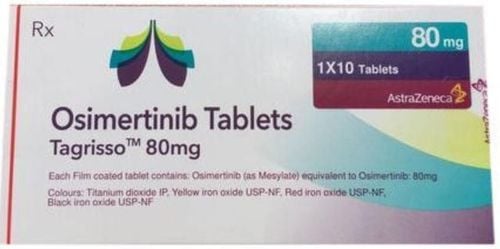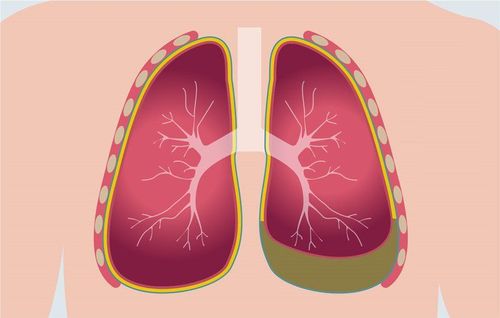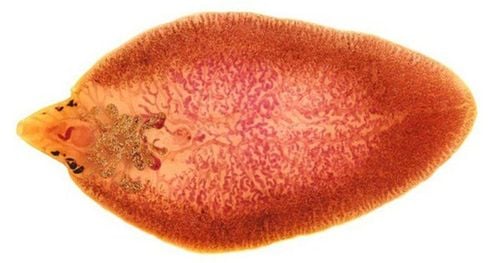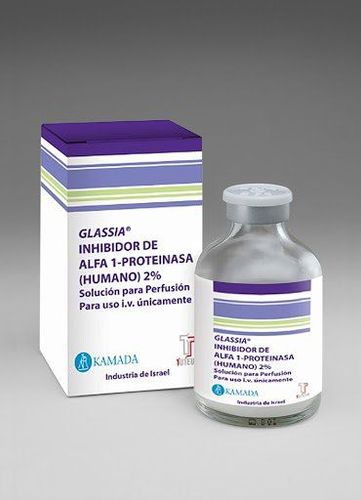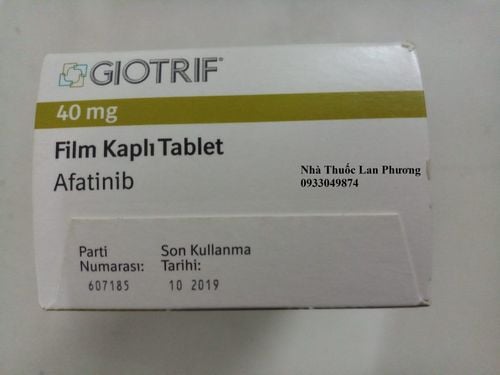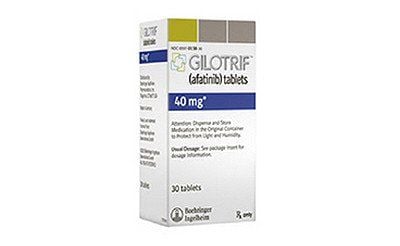This is an automatically translated article.
The article was professionally consulted by Master, Doctor Dang Xuan Cuong - Emergency Department - Vinmec Hai Phong International General Hospital. The doctor has 14 years of experience in the field of emergency resuscitation and poison control.Malignant pleural effusion is caused by cancer cells growing in the pleural space causing damage and leading to effusion. Malignant pleural effusion is a treatable disease, but the disease is often progressive and life-threatening.
1. What is a malignant pleural effusion?
The pleural space is a virtual space located between the lungs and the chest wall. Normally, there is a little fluid in the pleural cavity about 10-15ml, which helps the pleura slide over each other easily when breathing, this amount of fluid is called physiological fluid in the pleural space. Pleural effusion is a condition where there is more fluid in the pleural space than normal.
Malignant pleural effusion is caused by cancer cells growing in the pleural space causing damage to the pleura and leading to pleural effusion.
Common causes of malignant pleural effusion:
Lung cancer Breast cancer Lymphoma Ovarian cancer. Stomach cancer Malignant pleural effusion is also seen in cases where cancer has metastasized to the mediastinal lymph nodes, obstructing lymphatic drainage and leading to pleural effusion. Pleural effusions due to this mechanism usually rarely capture malignant cells in the pleural fluid, if a pleural biopsy is performed histopathological examination is usually negative.
Malignant pleural effusion, despite being treated, can also cause repeated recurrences, threatening the patient's life.
2. Symptoms of malignant pleural effusion
Malignant pleural effusion usually occurs in the elderly, the age is usually from over 40, 50 years old. Pleural fluid usually regenerates quickly and persists despite repeated aspiration. Symptoms of malignant pleural effusion include:
Systemic symptoms: Patients often have fever, body fatigue, poor appetite, rapid weight loss, pale skin and mucous membranes, anemia. It is possible that the patient has a history of previously detected malignancies. Shortness of breath: Usually, malignant pleural effusion causes a lot of effusion, so the patient also has a lot of difficulty breathing, the patient has to sit up to breathe. Sometimes the effusion is small, but the patient has a lot of difficulty breathing, possibly because the tumor is compressing the airway

Khó thở, đau ngực là triệu chứng tràng dịch màng phổi
Outstanding chest pain, persistent dull pain, increasing over time. Dry cough or coughing up blood.
3. Diagnosis of malignant pleural effusion
To diagnose the disease outside based on clinical symptoms need to combine with subclinical signs.
Chest X-ray:
The images of pleural effusion are often many, sometimes all of the lungs are blurred, called hemithoracic opacity syndrome. Images can be seen with pleural effusion such as a tumor in the parenchyma. lung tissue, mediastinal lymph nodes, atelectasis images, balloon drop images in both lungs. X-ray after draining the fluid is easier to detect tumor and mediastinal lymph nodes. CT - Scan: Chest helps detect tumor location and mediastinal lymph nodes.
Pleural ultrasound helps to accurately detect pleural fluid, while abdominal ultrasound helps detect intra-abdominal tumors and metastatic lymph nodes.
Test of pleural fluid:
Characteristic is exudate, bloody, rarely, lemon yellow. Malignant cells may be found in the pleural fluid. Needle or thoracoscopic pleural biopsy with positive histology for cancer is the gold standard for definitive diagnosis of malignant pleural effusion.
4. Treatment of malignant pleural effusion
Effective treatment of malignant pleural effusion to achieve complete drainage is very limited. Mainly symptomatic treatment.Aspiration pleural fluid and drainage.
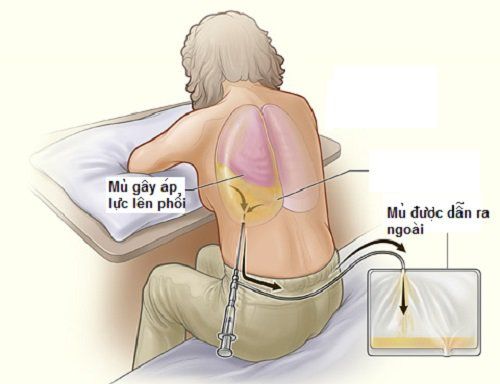
Chọc hút dịch màng phổi và dẫn lưu dịch
Please dial HOTLINE for more information or register for an appointment HERE. Download MyVinmec app to make appointments faster and to manage your bookings easily.




